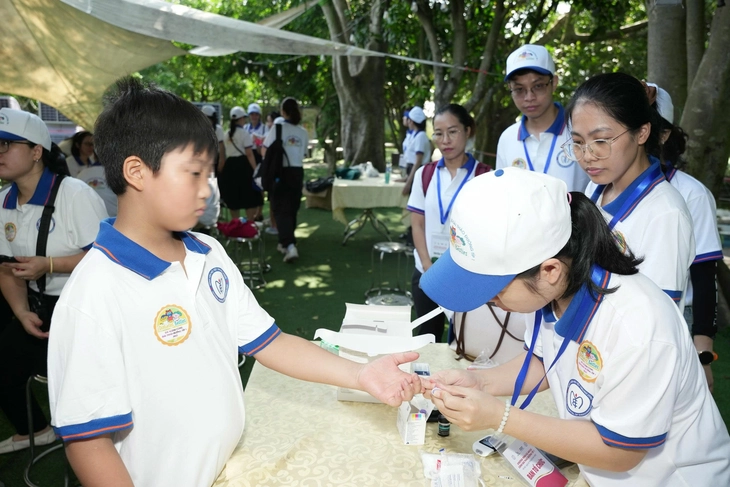
Children have their blood sugar measured while participating in the picnic program - Photo: T.TRANG
Understand the disease correctly to avoid delaying treatment
On August 2 in Hanoi , the Vietnam Pediatric Association coordinated with the program "Changing Diabetes in Children" (CDiC) and the Central Endocrinology Hospital to organize the program " Picnic with type 1 diabetes - Connect and share ".
The activity is part of a series of international cooperation activities to raise awareness, improve comprehensive care and increase access to health services for children.
Participating in the program with her 7-year-old son, Ms. Hue (38 years old, Hanoi) said: "My son was diagnosed with type 1 diabetes more than 3 years ago. At that time, he only had a slight fever, and when he went to the hospital for a check-up, his blood sugar was abnormally high.
At first, I thought my child was sick and had a metabolic disorder. But after a month of re-examination, his blood sugar level was still high. After doing the necessary tests, the doctor diagnosed him with type 1 diabetes.
Since then, family life has changed completely. "My child is still young and does not fully understand his condition. Just eating without control will cause his blood sugar to increase. The family always has to closely monitor every meal and every movement of the child," Ms. Hue shared.
According to Dr. Nguyen Quang Bay, head of the Department of Endocrinology and Diabetes, Bach Mai Hospital, type 1 diabetes accounts for about 5% of the total number of people with diabetes, but the official number recorded in Vietnam is currently only about 1,500-2,000 cases. In reality, the number of cases may be many times higher due to lack of proper diagnosis.
"Unlike type 2 diabetes, which is closely related to lifestyle, type 1 diabetes is an autoimmune disease. The body produces antibodies that attack the beta cells of the pancreas, which produce insulin. When insulin, the only hormone that reduces blood sugar, is lost, the patient is forced to inject insulin for life," Dr. Bay explained.
In young children, treatment becomes even more difficult when they cannot monitor their own blood sugar, do not know how to inject insulin or adjust the dosage when eating or exercising. In addition, the school environment also lacks the necessary support, making it impossible for many children to control the disease effectively.
"About 50% of children with type 1 diabetes are discovered when they are in an emergency, commonly ketoacidosis due to prolonged insulin deficiency. In many cases, children forget to get injections or stop treatment, causing complications to occur earlier and more severely," Dr. Bay warned.

Dr. Nguyen Quang Bay, head of the endocrinology - diabetes department, Bach Mai Hospital, shared at the program - Photo: T. TRANG
Living with type 1 diabetes
According to Dr. Bay, in recent years, modern technology has contributed significantly to the control of type 1 diabetes in children. One of the outstanding solutions is the continuous blood glucose monitor, a compact device attached to the skin, which can automatically measure blood sugar every minute and warn immediately when the index exceeds the threshold.
In particular, this device can connect to the parent's or doctor's phone, helping to monitor remotely and intervene promptly when necessary. When combined with an automatic insulin pump, the system almost creates an "artificial pancreas", automatically adjusting the amount of insulin according to the body's needs, helping to control blood sugar more stably, reducing the risk of complications.
"Children with type 1 diabetes can still study, play, work and have a family like everyone else if they are treated properly and their blood sugar is well controlled. It is important that the community understands the disease, helping children not feel self-conscious and confidently live a healthy life," Dr. Bay shared.
At the program, parents and children were shared practical knowledge such as dental care for type 1 diabetes patients, disease management at school, how to cope with puberty stages as well as maintaining exercise habits.
In addition, the program also highlights the psychological aspects of living with type 1 diabetes through topics such as dating, working in an office environment...
Source: https://tuoitre.vn/dai-thao-duong-type-1-o-tre-lam-gi-de-dong-hanh-voi-con-20250802121051499.htm










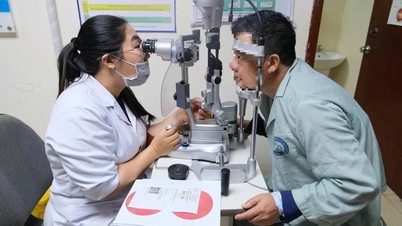



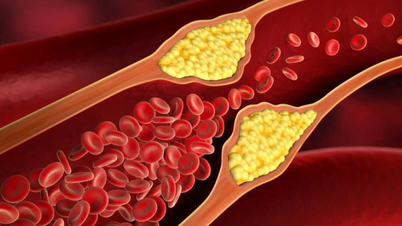
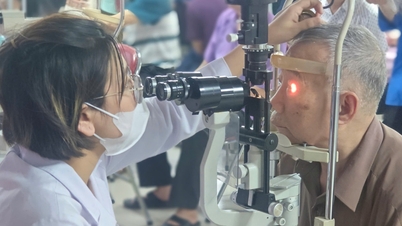
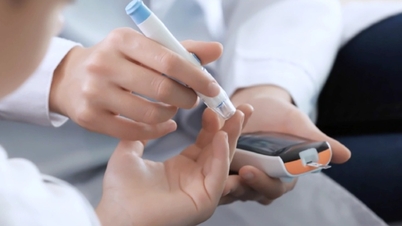





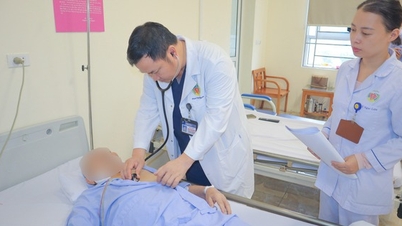



















































































Comment (0)